We’ve all been there – a weird noise from the car that we hope will just fix itself. My car recently sounded like it was haunted, but it turned out to be a dirty filter. To help you avoid bigger problems, here are 15 car noises you should never ignore.
1. Squealing Brakes

If you hear a high-pitched squeal when you brake, your brake pads might be worn out. This is a clear sign they need to be replaced to avoid damaging your rotors.
2. Grinding Noise When Braking
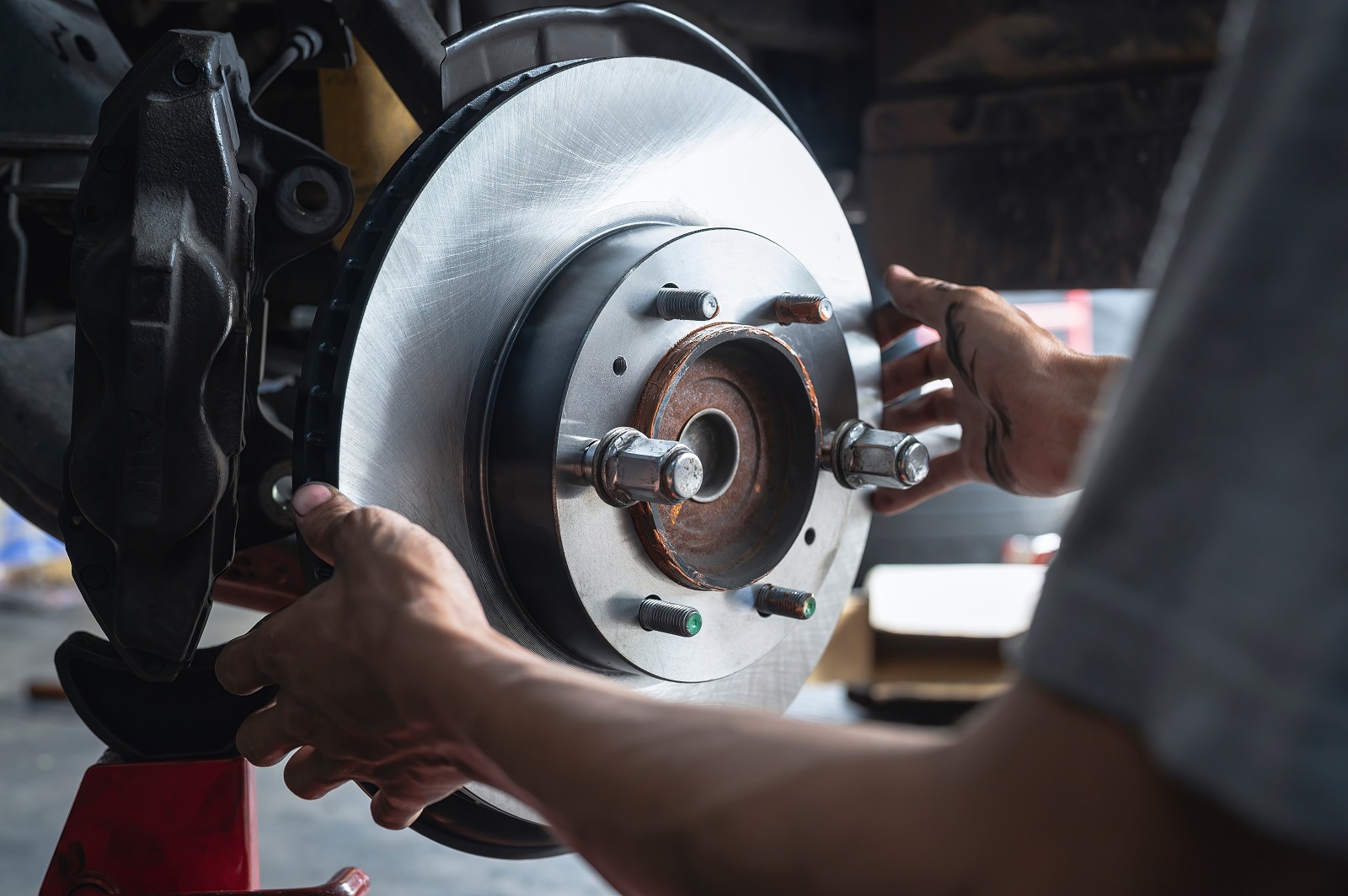
A grinding sound when you apply the brakes often indicates metal-on-metal contact. This could mean your brake pads are completely worn down, and immediate replacement is necessary.
3. Knocking from the Engine
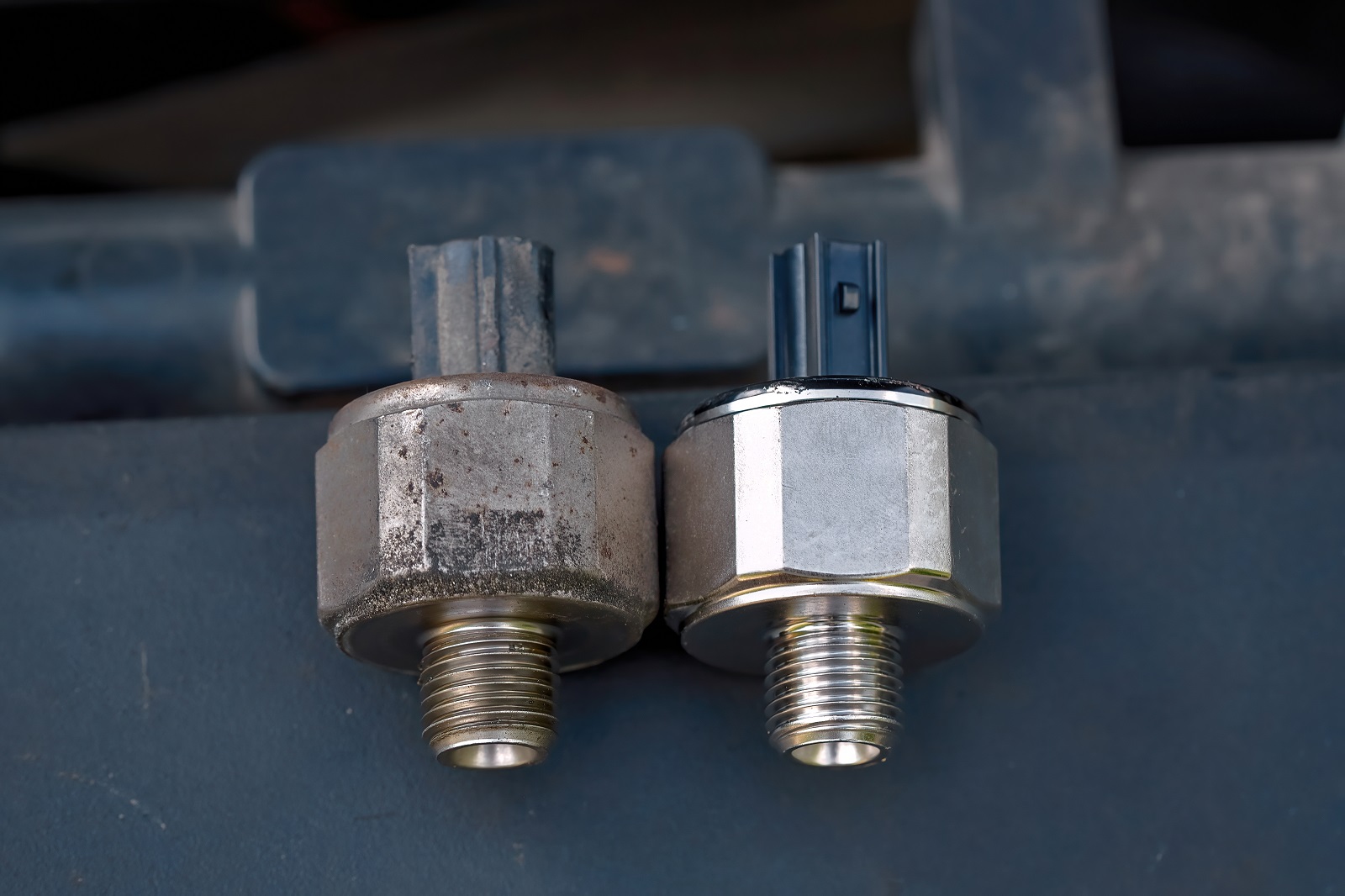
A knocking noise coming from the engine could signal serious problems like worn-out engine bearings. This needs to be checked by a mechanic as soon as possible to prevent engine damage.
4. Clunking While Turning

Hearing a clunk when you turn can be a sign of a bad CV joint or other suspension issues. Addressing this early can prevent more severe suspension damage.
5. Hissing Under the Hood
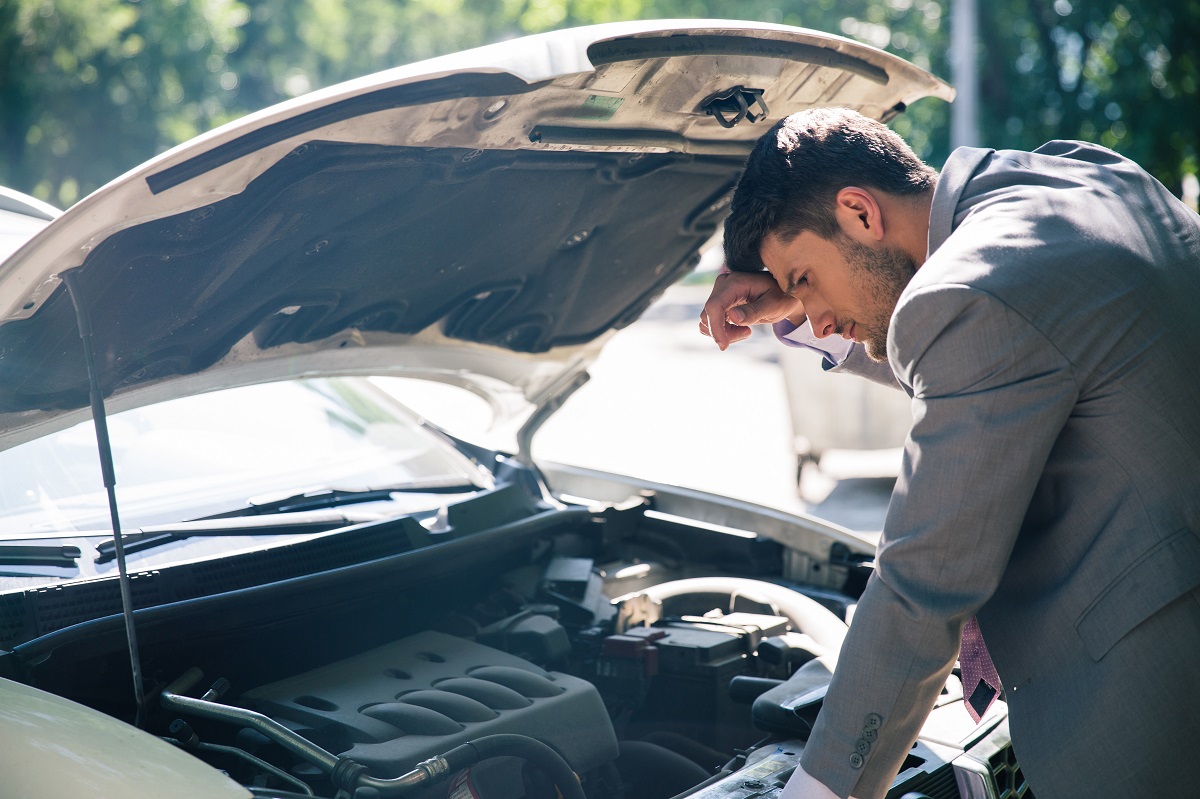
Image Credit: Shutterstock / ESB Professional
A hissing sound from under the hood usually means there’s a leak, either from a vacuum line, coolant, or oil. It’s important to identify and fix the leak quickly.
6. Whining from the Engine Bay
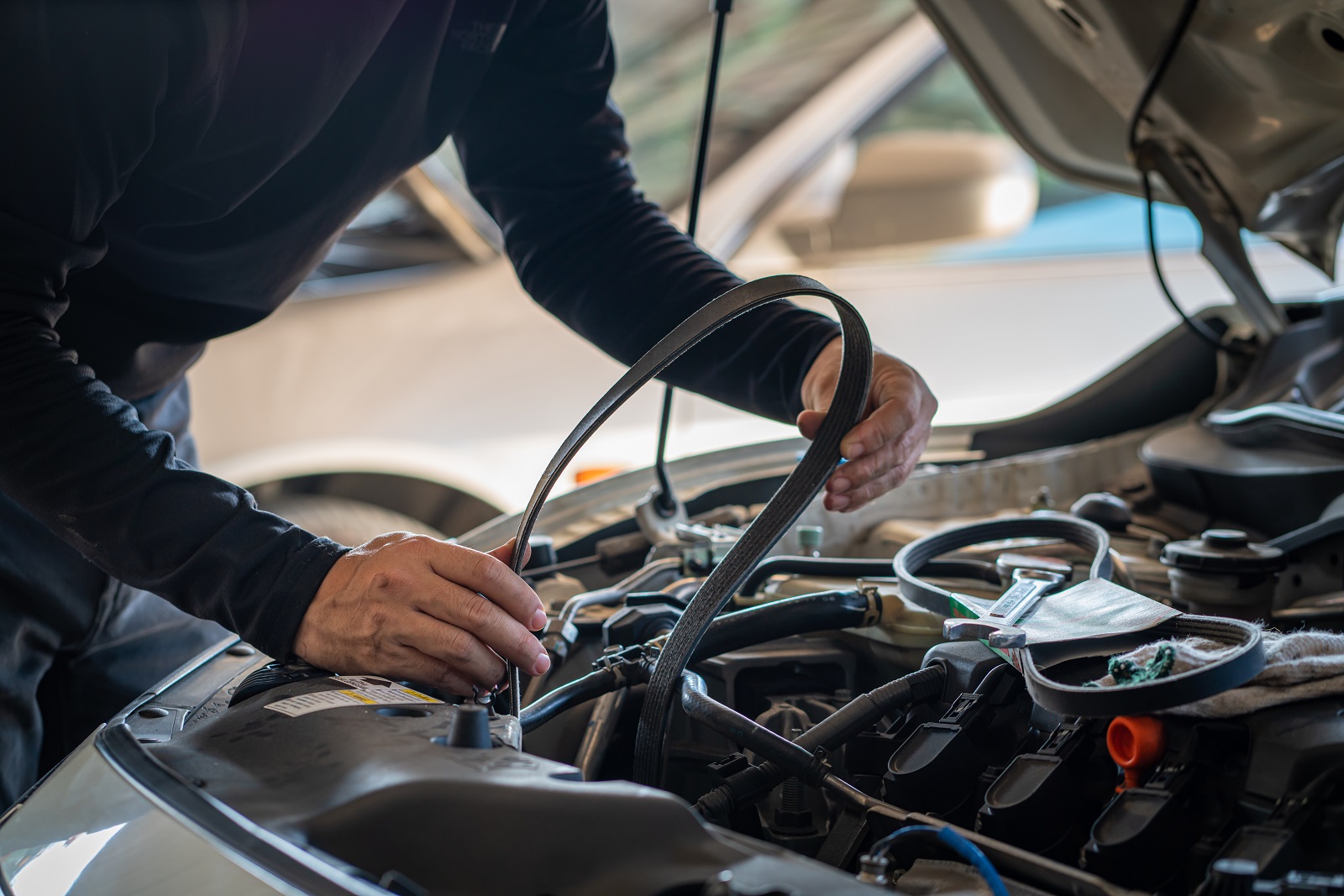
A whining noise that varies with engine speed can indicate issues with the serpentine belt, alternator, or power steering pump. These components are crucial for your car’s operation.
7. Rumbling Underneath
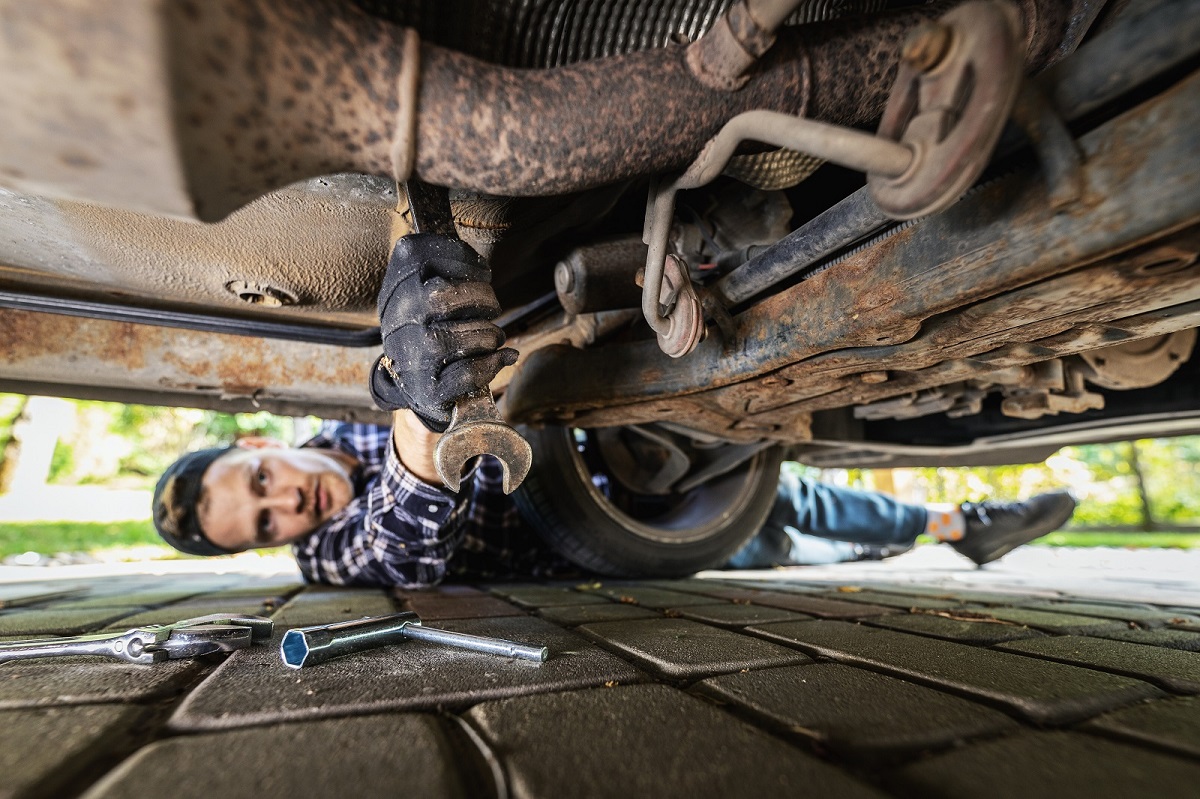
If you hear a rumbling noise coming from underneath the car, it might be an exhaust issue. A hole in the exhaust system or a failing catalytic converter could be the cause.
8. Ticking from the Engine
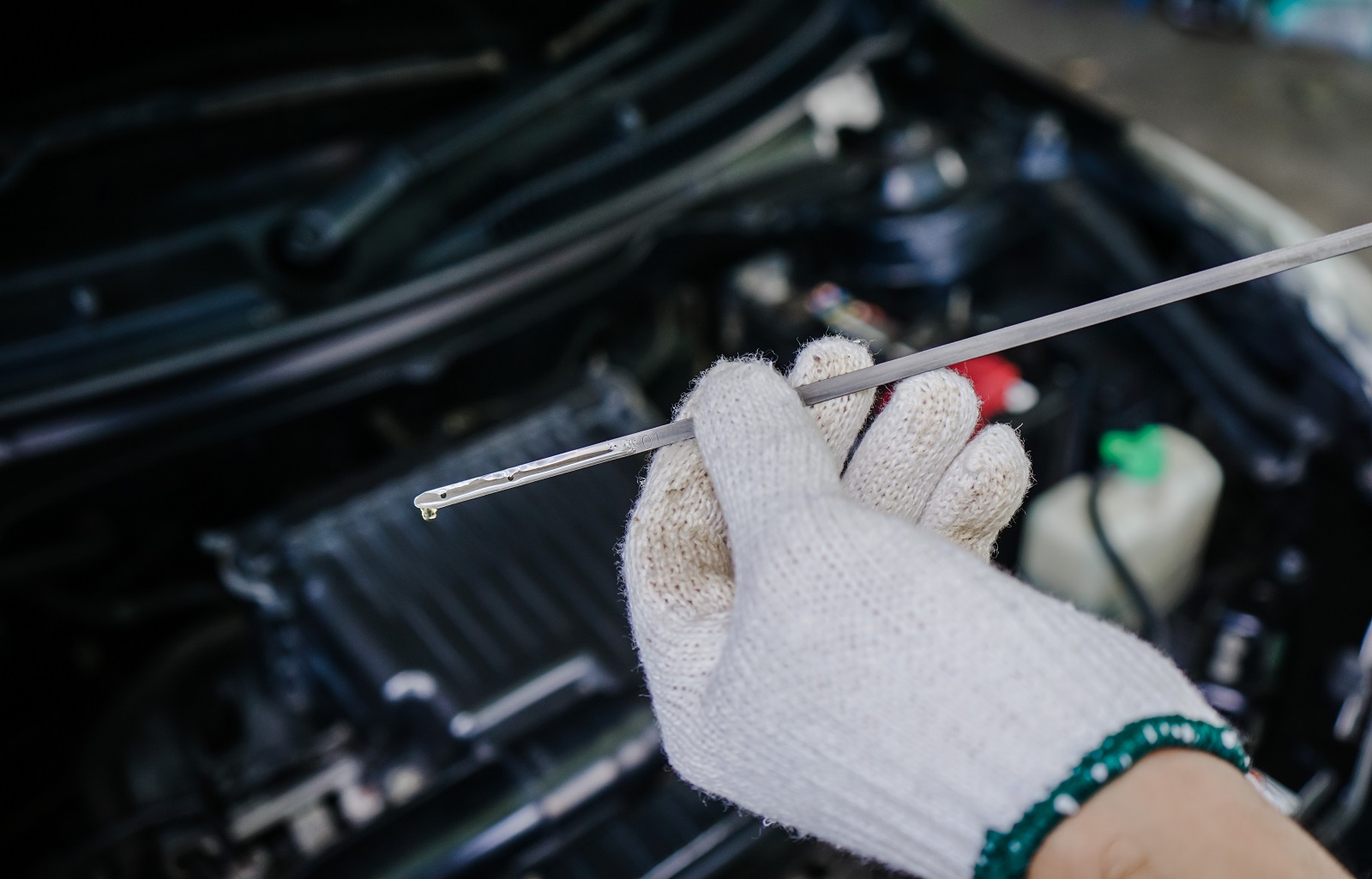
A ticking noise from the engine can indicate low oil levels or problems with the valvetrain. Checking and maintaining proper oil levels can prevent engine damage.
9. Roaring or Growling
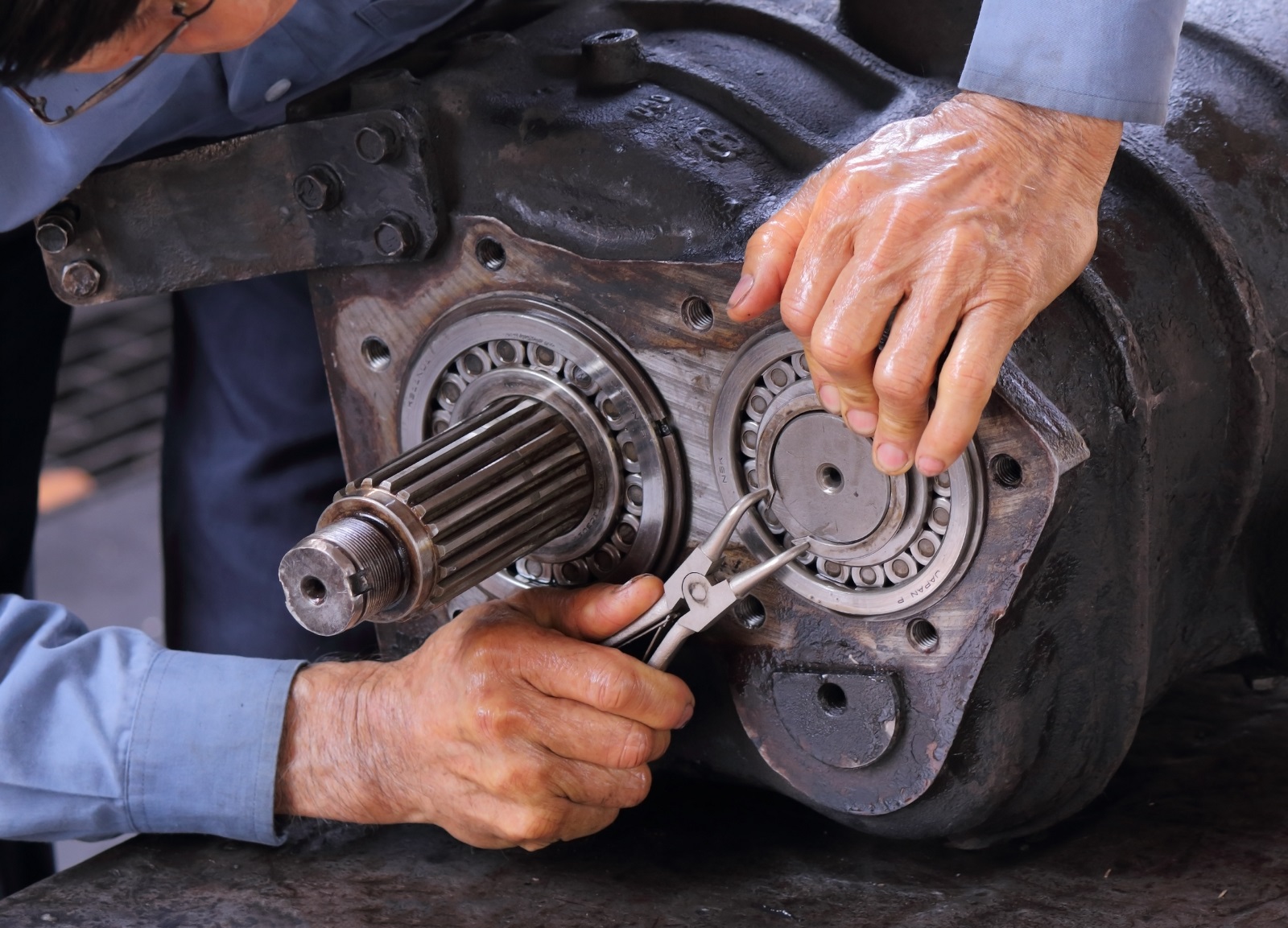
A roaring or growling noise, when accelerating, often points to a problem with the transmission or differential. A mechanic should inspect it to avoid major transmission repairs.
10. Banging or Backfiring

If your car is backfiring or making loud bangs, it could be due to a misfiring engine. This can be caused by issues with the fuel system, ignition system, or engine timing.
11. Clicking When Starting
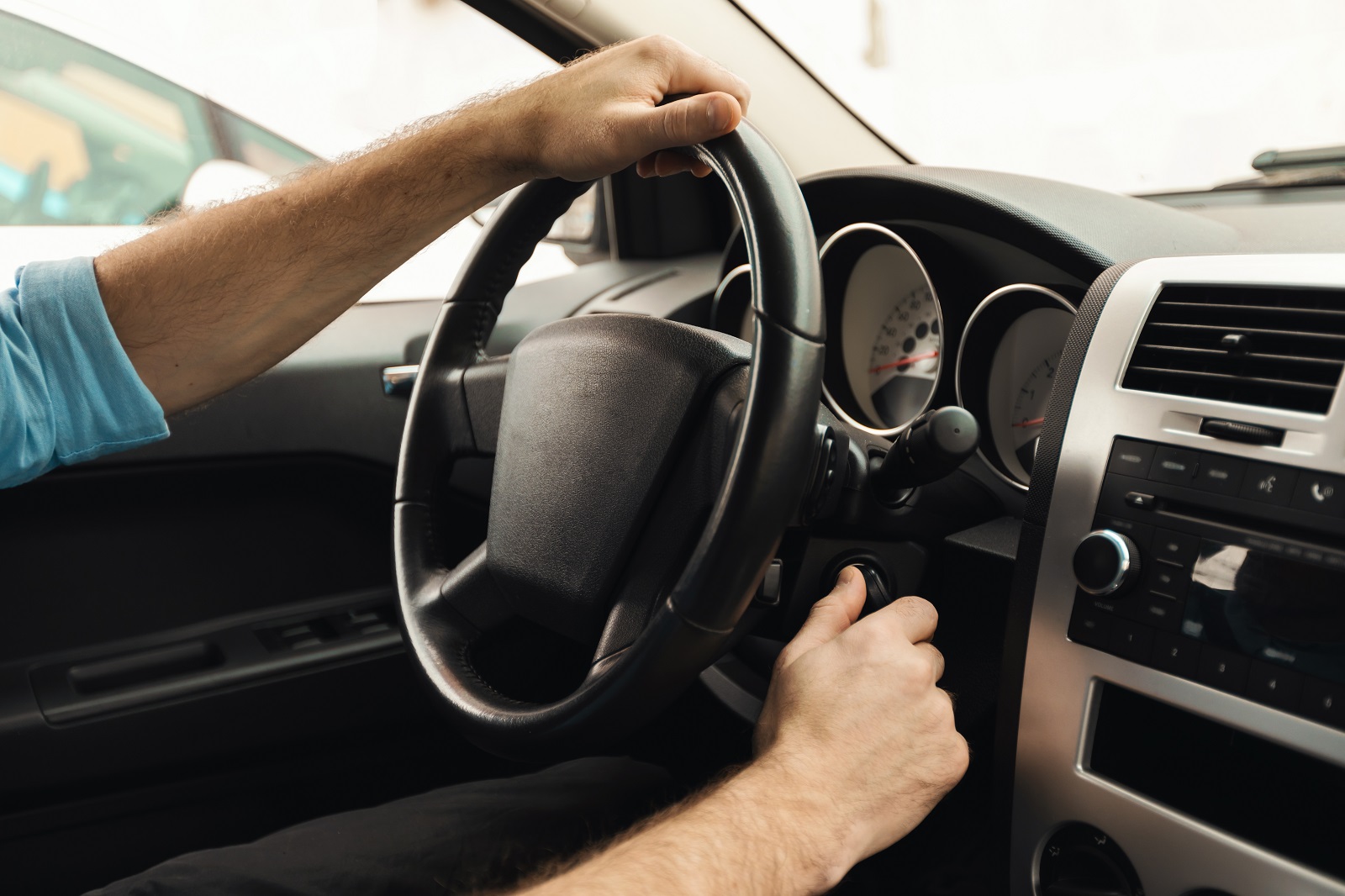
A clicking sound, when you turn the key, can mean a dead battery or a problem with the starter motor. Ensuring your battery is charged and terminals are clean can often resolve this.
12. Chirping from the Engine
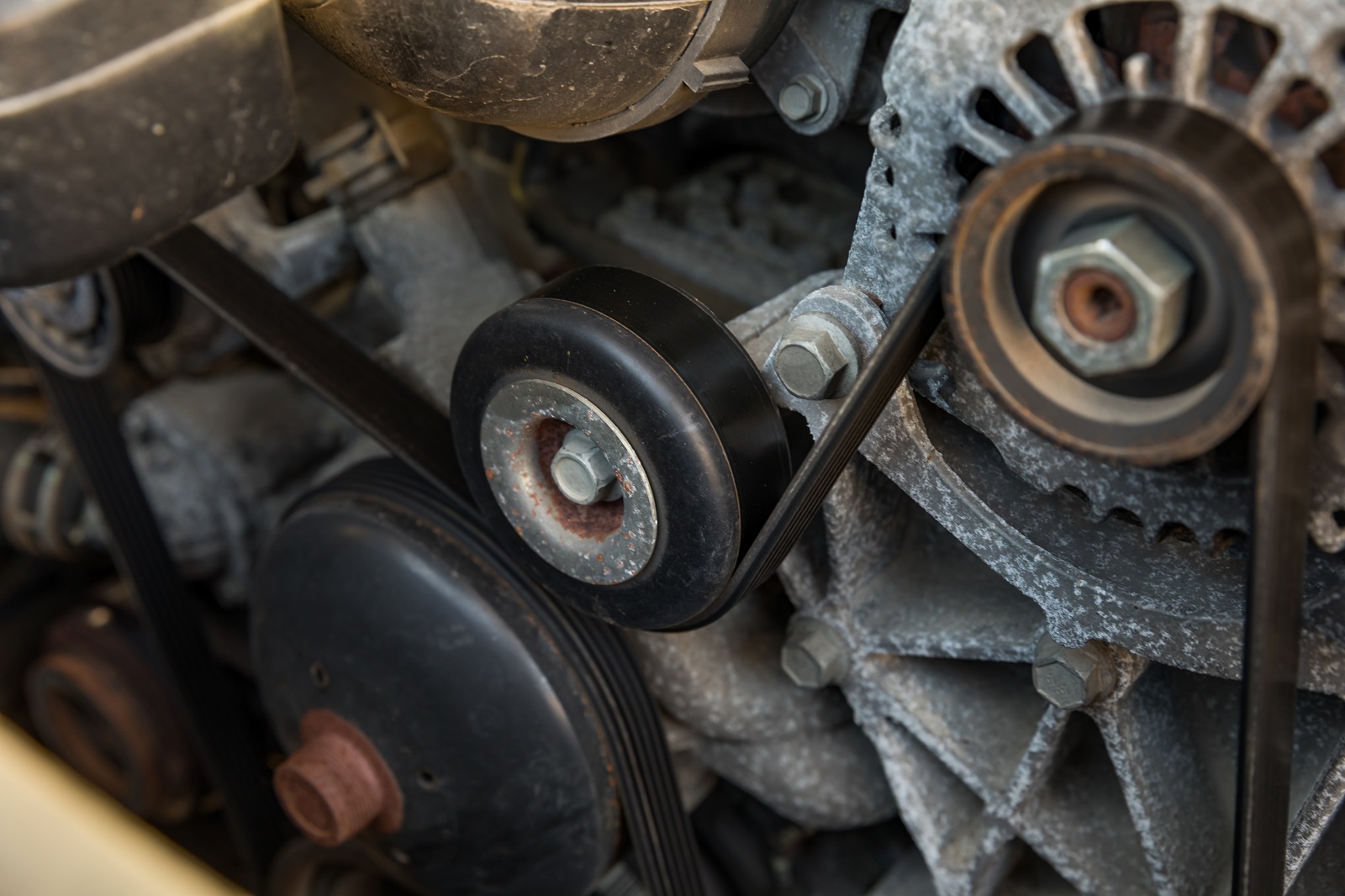
A chirping noise from the engine, especially when starting, can indicate a worn or loose serpentine belt. Replacing or tightening the belt can stop the noise.
13. Rattling from the Front
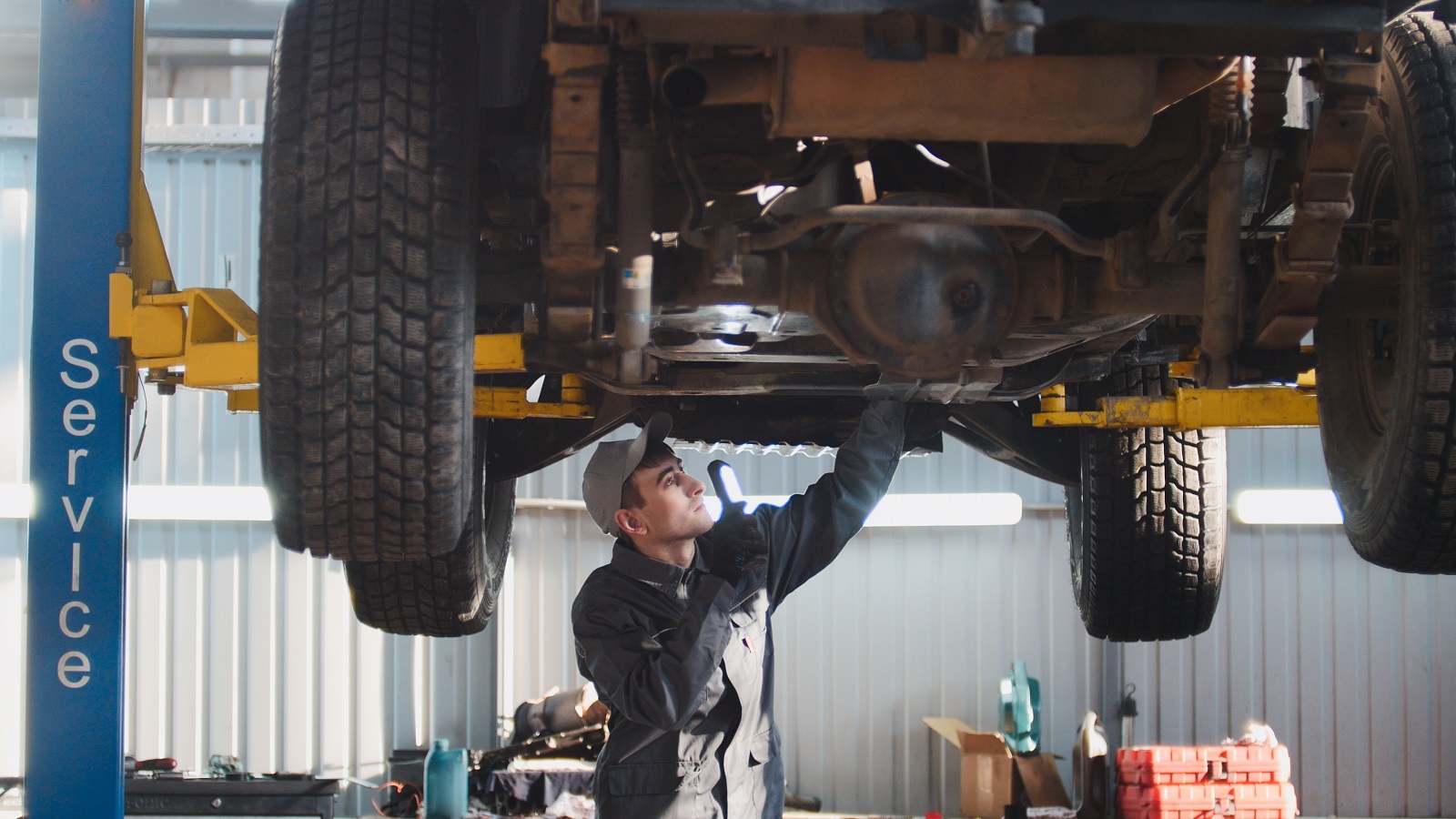
A rattling sound from the front of the car when driving over bumps can indicate loose or worn suspension components. It’s important to have these checked to maintain vehicle stability.
14. Buzzing or Vibrating
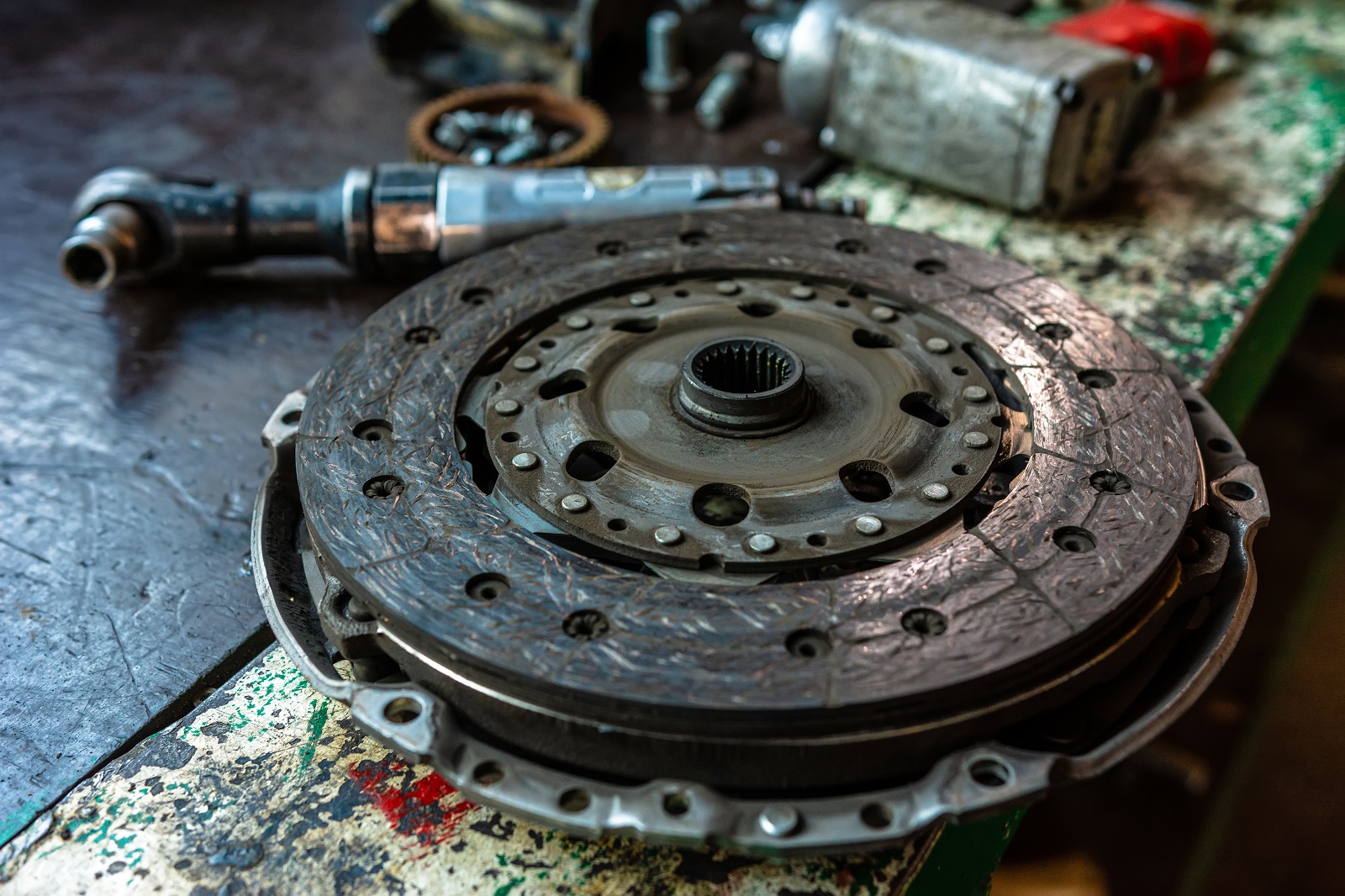
A buzzing or vibrating noise while driving can come from a variety of sources, including loose body panels or a failing wheel bearing. Diagnosing the exact source is essential for safety.
15. Humming from the Tyres
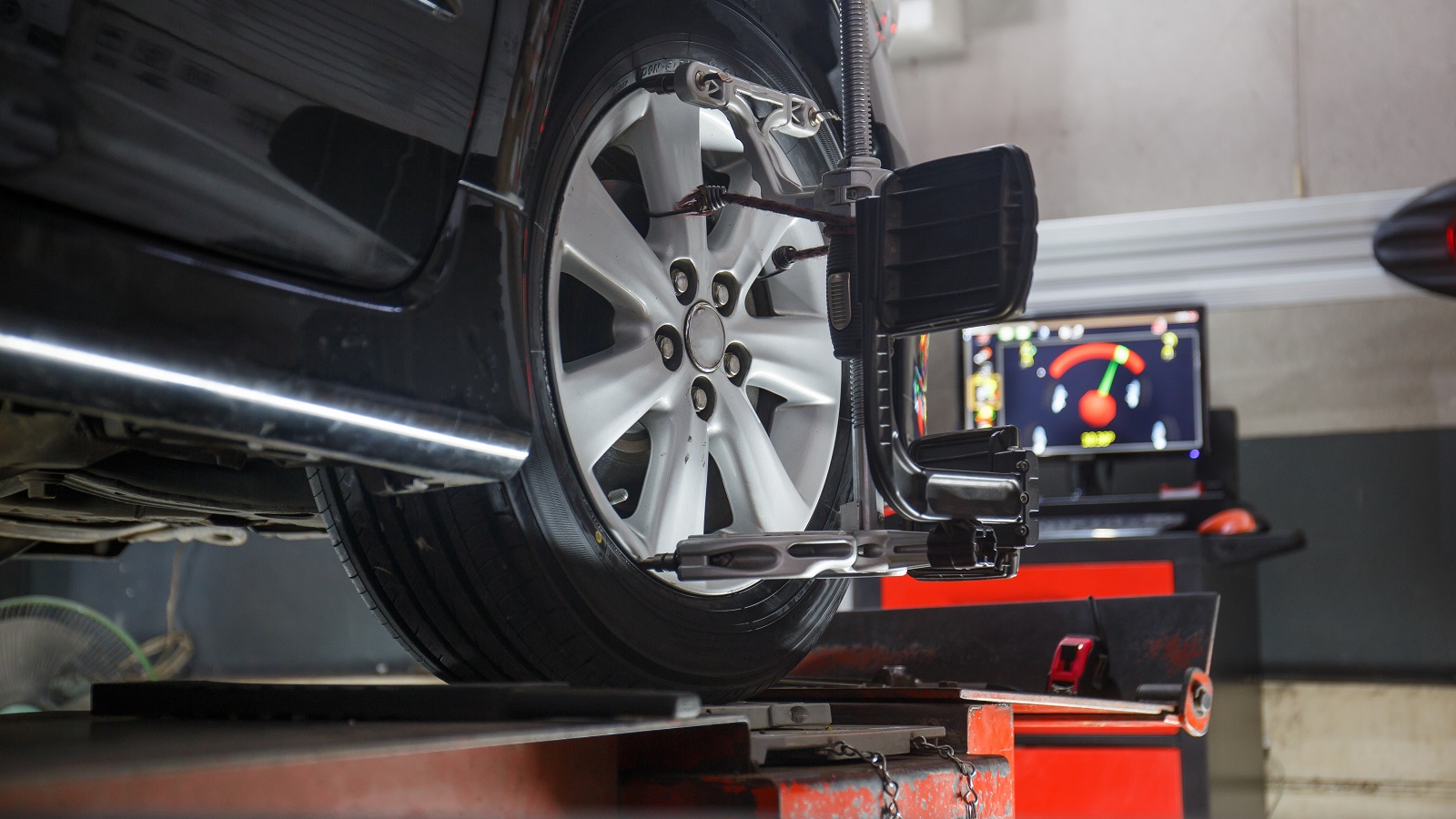
A humming noise from your tyres can indicate uneven tyre wear or a problem with wheel alignment. Regular tyre rotation and alignment checks can help prevent this issue.
Listen Up
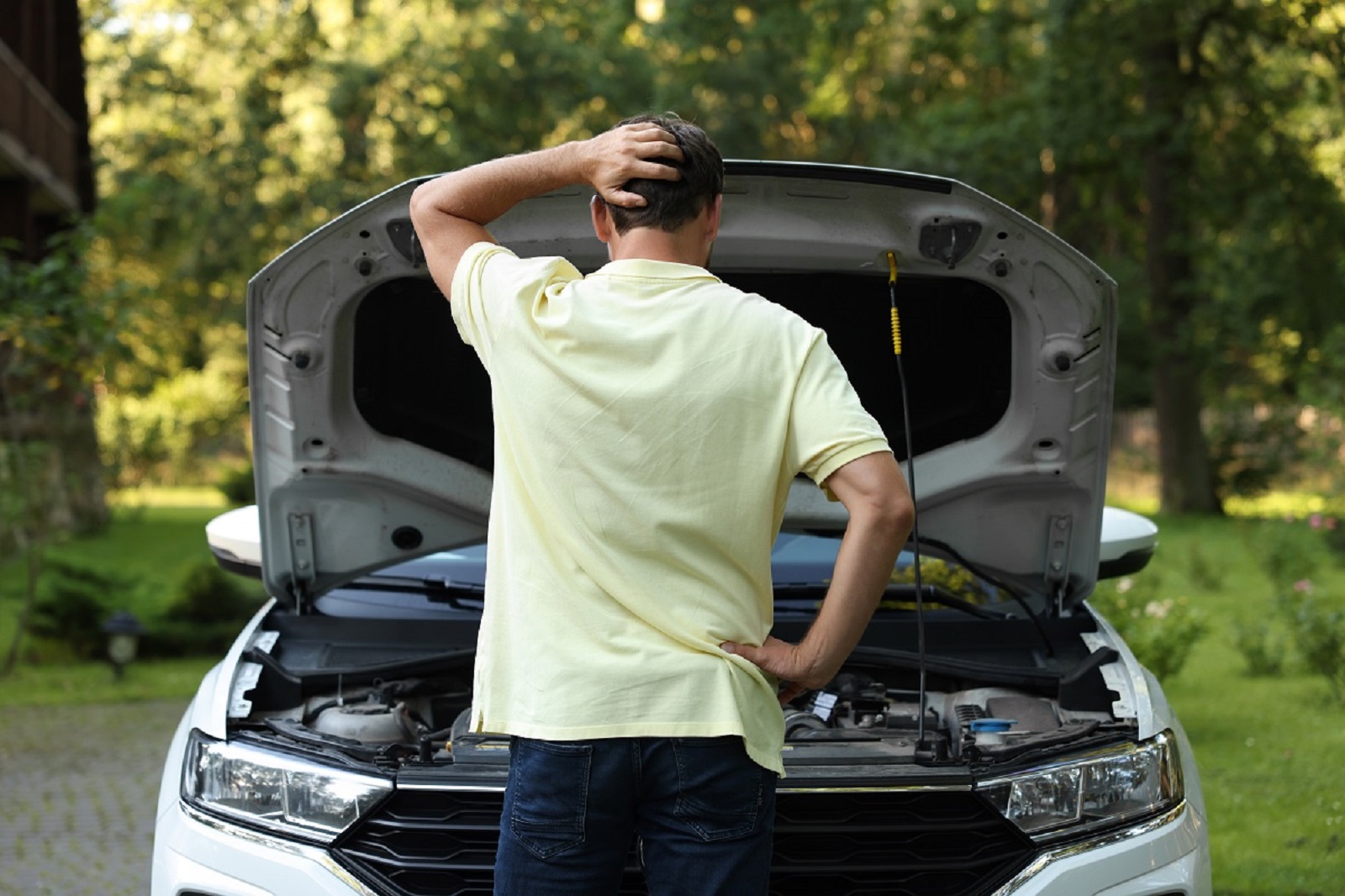
Noise in your car can be more than just annoying; it can be a warning sign of bigger problems. Taking note of these sounds and addressing them promptly can save you from costly repairs and ensure your car remains safe and reliable. Always listen to your car, and don’t hesitate to get a professional opinion when something doesn’t sound right.
Featured Image Credit: Shutterstock / vchal.
For transparency, this content was partly developed with AI assistance and carefully curated by an experienced editor to be informative and ensure accuracy.

